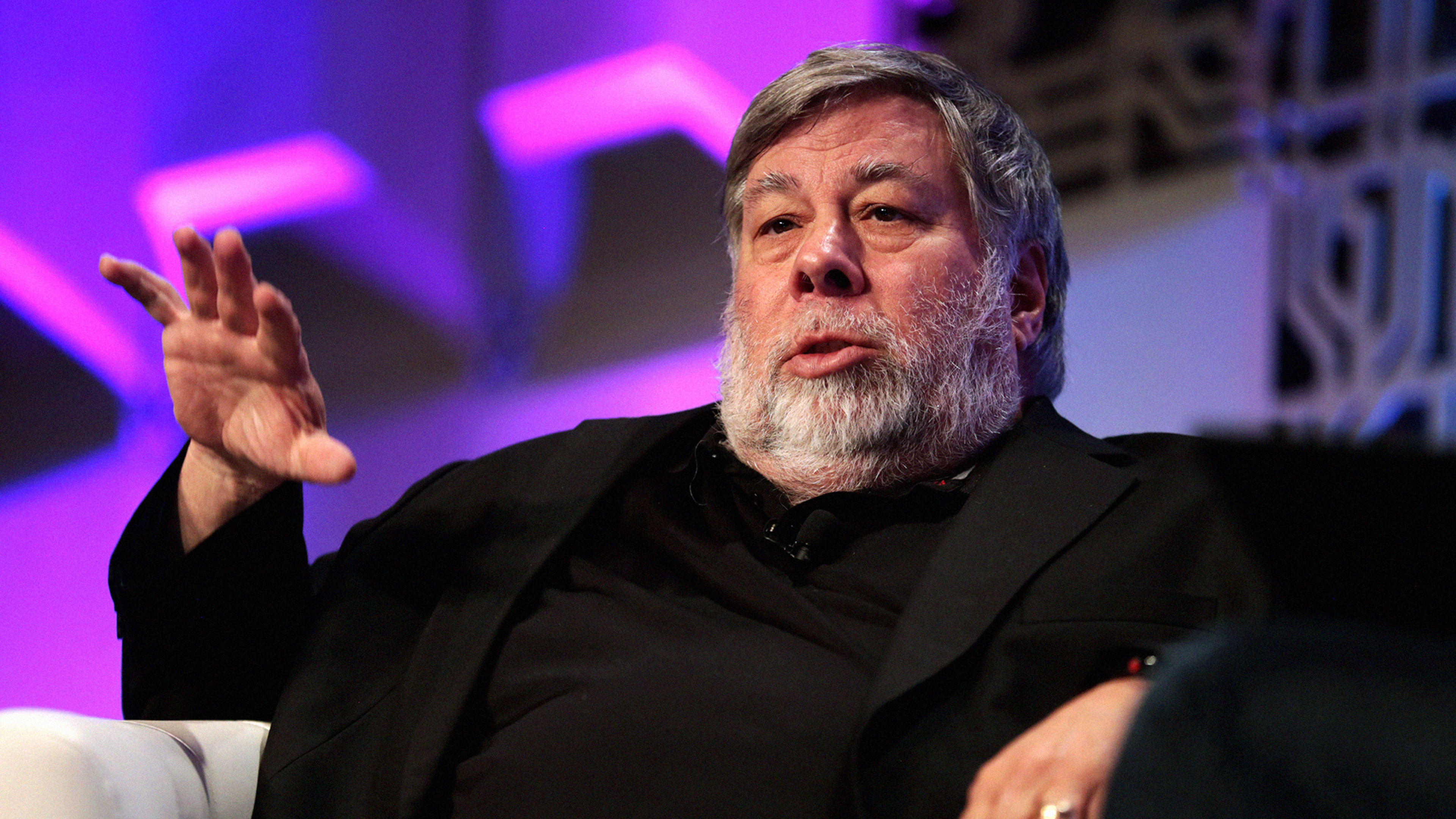On Thursday, the FCC will vote to eliminate regulations that prohibit internet service providers from blocking, slowing, or speeding up the delivery of data based on business relationships they have with the content providers. Having failed to sway the agency to change course, opponents are making a last-ditch effort to save neutrality by asking Congress to intervene—at least delaying the vote until a few outstanding matters, like potentially a million fraudulent public comments, can be sorted out.
One group of petitioners is making an especially strong case to Congress: We know the FCC is wrong about the internet, because we created it. Today 21 tech giants—including web inventor Tim Berners-Lee, TCP/IP co-creator Vint Cerf, public-key cryptography inventor Whitfield Diffie, and Apple cofounder Steve Wozniak—sent an open letter to legislators.
Addressing the senior Republican and Democrat on the Senate and House committees overseeing the FCC, the letter includes some of the familiar concerns about the value of a free internet. But it also trashes Ajit Pai’s plan on technical grounds, pointing to a 43-page paper close to 200 experts had submitted during the public comment period for his plan. “It is important to understand that the FCC’s proposed Order is based on a flawed and factually inaccurate understanding of Internet technology,” reads the letter.
It all has to do with how you describe exactly what an ISP does.
Ma Bell Vs. CompuServe
In 2015, the Democratic-controlled FCC changed the game on net neutrality by labeling ISPs a “telecommunications service.” That allowed the FCC to tightly regulate them under a piece of U.S. law called Title II of the Communications Act of 1934. Until then, ISPs had been called an “information service,” which emphasized not that they moved data but that they provided enhanced features. That description worked in the 1990s to describe services like AOL, CompuServe, and Prodigy, says the experts’ report. Those ISPs didn’t just pass on information like a phone connection, they also provided services like email, chat rooms, and bulletin board systems.
High profile lawsuits brought by Comcast in 2010 and Verizon in 2013 prevented the FCC from regulating net neutrality if it continued to classify ISPs as information services. Hence the 2015 decision to call them telecommunication services—glorified phone companies.
To undo net neutrality regulations, Pai’s plan spends the first 52 of its 210 pages making the case that ISPs should return to the information service category. The gist is that ISPs still provide extra, enhanced services that go beyond passing information from one end of the wire to another, that they aren’t just dumb pipes. With things like CompuServe bulletin boards and Verizon app stores in the dustbin of history, Pai had to reach pretty deep to find enhanced services that ISPs provide.
One he settled on is DNS. When you type “google.com,” for instance, a domain name server has to translate that to the numerical address 172.217.7.196 in order to connect you with Google’s servers. It’s like a telephone operator for your computer–although that analogy wouldn’t bolster the FCC’s case. Consumers may not see DNS (if they even know it exists) as an added service on par with providing email or streaming video. It’s a bit of plumbing in the dumb pipes; and not just the ISP’s pipes, say the experts. Lots of services beyond the ISP provide DNS.
Another example cited by Pai is caching: Content like web pages may be stored on servers around the world to have copies closer to people. But this really isn’t a job for ISPs anymore. Caching is handled increasingly by content delivery networks from dedicated services like Akamai or Cloudflare. Big media providers like Netflix run their own content delivery networks.
The engineers didn’t spare the snark in their original report. “Saying that ISPs provide an information service to their customers because they offer caching and webmail in addition to internet connectivity is like saying that airlines are in the business of providing an entertainment service because they offer in-flight movies in addition to transportation,” they write.
With Ajit Pai having promised back in April that overturning net neutrality regulations is a “fight that we are going to win,” it’s unlikely that a last-minute letter from a bunch of eggheads will force him to reconsider. But it will likely go on the pile of documents that Pai’s opponents include in the inevitable lawsuits to follow this week’s vote.
Recognize your company's culture of innovation by applying to this year's Best Workplaces for Innovators Awards before the extended deadline, April 12.
